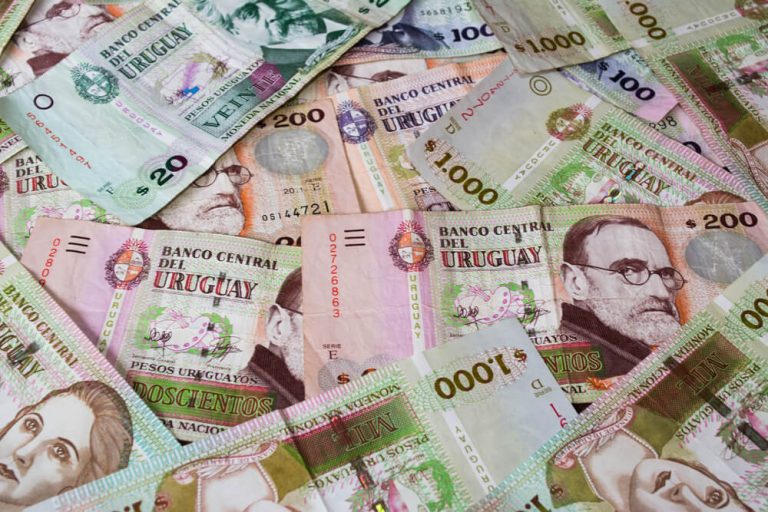
The Federal Government's Bolsa Família program is a social assistance program that provides financial assistance to low-income families in Brazil. The program was created in 2003 and is overseen by the Brazilian Ministry of Social Development and Fight against Hunger.
The program provides monthly cash payments to families who meet certain poverty criteria, as well as access to health care and educational benefits. As of 2019, the program had more than 14 million beneficiaries.
The Bolsa Família program is a social welfare initiative that provides direct cash transfers to low-income families in Brazil. The program was created in 2003 and has since helped millions of Brazilians escape poverty.
The Bolsa Família program is widely considered one of the most successful social welfare programs in the world.
The Bolsa Família program is a social welfare program in Brazil that provides financial assistance to low-income families. The program was created in 2003 and is administered by the Brazilian federal government.
Bolsa Família is means-tested, so families must meet certain income criteria to qualify for benefits. Families receiving benefits must also participate in other social programs, such as education and health care.
To participate in the Bolsa Família program, families must meet certain requirements. Families must have children under the age of 18 living with them and must have a per capita income below a certain threshold.
In addition, families must participate in other social assistance programs, such as the Rural Pension program or the Continuous Payment Benefit for Families program.

The Federal Government's Bolsa Família program is a monthly cash transfer program for poor and vulnerable families in Brazil. The program provides a minimum wage to eligible families, which is then used to purchase food and other basic necessities.
To be eligible for the program, families must have a child enrolled in school and cannot earn more than the minimum wage.
The federal government’s Bolsa Família program has been successful in reducing poverty and inequality in Brazil. In fact, studies show that the program has lifted millions of people out of poverty.
Additionally, the program has helped reduce crime rates and improve educational outcomes for children from low-income families.
The program has been credited with helping to reduce poverty and inequality in Brazil.
To be eligible for the program, families must have a per capita income below a certain threshold (which varies depending on the size and composition of the family) and must also demonstrate compliance with other conditions, such as hygiene, school attendance and vaccination.
The Federal Government's Bolsa Família program is a Brazilian social assistance program that provides financial assistance to low-income families.
The program has helped reduce poverty and improve the quality of life for millions of people in Brazil. Benefits of the program include:
· Financial assistance – Families participating in the program receive a monthly stipend that can be used to cover basic needs such as food, housing and education.
· Improved health – The program provides access to free or subsidized health care for participating families. This has resulted in improved health outcomes for children and adults.
· Reducing inequality — The Bolsa Família program has helped reduce income inequality in Brazil by providing financial support to those who need it most.
· Greater opportunities — Families who receive financial assistance from the Bolsa Família program have greater opportunities to escape poverty and build a better future for themselves and their loved ones.
The program provides financial assistance to families with children up to age 17, pregnant women and people with disabilities. Families receive a monthly stipend based on the number of children and adults in the household, as well as the poverty level.
Did you like this content? If so, share it with your friends and on your social networks. Receive exclusive content every day by subscribing here at Google News 100% for free and also here in our Finance Planning Blog. Thank you!